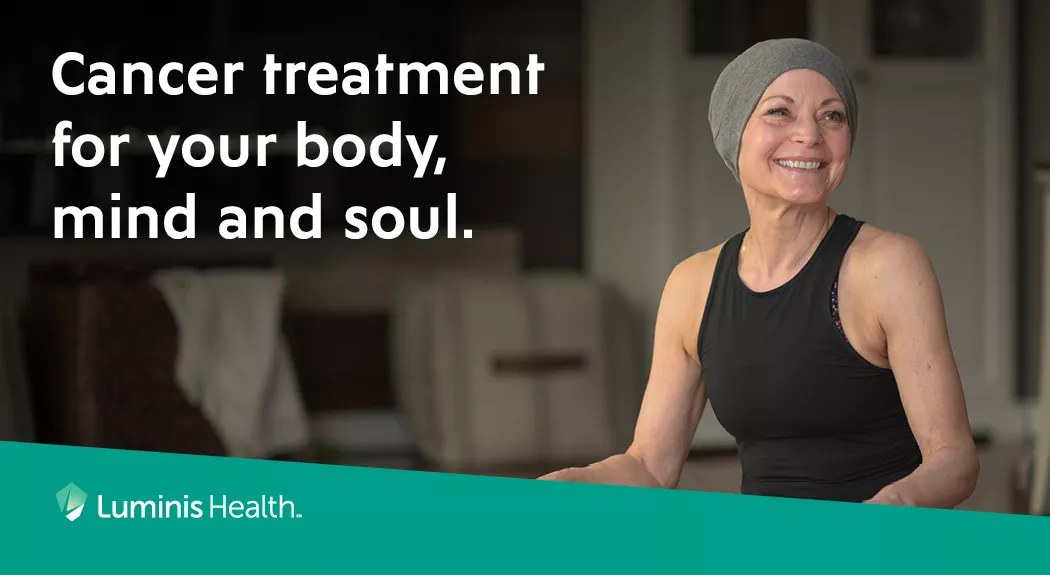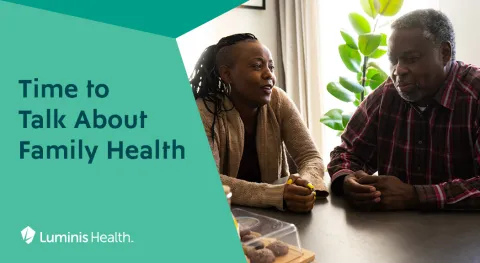No one ever wants to hear the words, “You have cancer.” Ever. It is, unfortunately, a reality that many people will face at some point in their lifetime. A cancer diagnosis is scary and comes with many uncertainties. Since you need as much support as possible, more and more doctors and patients are embracing integrative oncology. Think of it as using your mind, body, and soul to cope with symptoms and side effects.
What is Integrative Oncology?
Integrative oncology is a field of cancer care that combines conventional cancer treatments such as surgery, chemotherapy and radiation therapy with evidence-based complementary therapies to address the physical, emotional and psychological needs of cancer patients to enhance their overall well-being.
Doctors and patients recognize that these treatments go beyond medical interventions and consider the complete needs of the patient. It incorporates a wide range of complementary therapies, such as acupuncture, massage, mind-body techniques (for example: meditation, yoga, and guided imagery), nutritional counseling, and herbal and nutritional supplements.
What Are the Benefits?
The benefits of integrative oncology include:
- Management of cancer-related symptoms and treatment of side effects such as pain, fatigue, nausea, nerve pain/numbness and anxiety.
By effectively managing these symptoms, patients can possibly tolerate conventional treatments better, allowing them to complete their treatment schedules as planned. Complementary therapies can help improve a patient’s quality of life during and after treatment.
- Supporting the immune system and overall well-being.
Nutritional counseling focuses on strengthening the body’s natural defenses and improving overall health. This may involve herbal supplements, exercise programs, stress reduction techniques, and other strategies to support the immune system and promote well-being.
- Empowering the patient.
Integrative oncology underscores patient-centered care and encourages active participation in the treatment process. Patients are provided with information, education and tools to make informed decisions about their care and take an active role in managing their health.
Who Is It For?
Integrative oncology is a good fit for those who value a wide-ranging approach to cancer care since it focuses on the physical, emotional and spiritual well-being of each patient—recognizing the importance of addressing the whole person, not just the disease.
Integrative oncology may be a good fit for cancer patients who:
- Desire to actively participate in their cancer treatment: Integrative oncology emphasizes the patient and healthcare providers making decisions together, as a team.
- Experience treatment-related side effects: Complementary therapies integrated into oncology care can help manage the side effects of conventional cancer treatments. For example, acupuncture may lessen nausea and pain caused by chemotherapy, naturopathic doctors may help relieve numbness/pain and digestive symptoms, and mind-body techniques like meditation or yoga can help reduce stress and improve overall well-being.
- Complete active treatment and wish to focus on living a healthy lifestyle: Integrative oncology can help with lifestyle changes, nutritional support, and stress management to enhance long-term health and well-being.
In Conclusion
A growing number of cancer patients are tapping into the benefits of integrative oncology, with nearly 80 percent using some form of complementary therapies. Integrative oncology is patient-centered and evidence-based, with a goal of maximizing cancer patients’ physical and emotional ability to undergo cancer treatments and improving quality of life. Ask your healthcare provider if integrative medicine might benefit your cancer journey.
Authors
Young Joo Lee, MD, is the medical director for Breast and Integrative Oncology at Luminis Health. Dr. Lee is passionate about providing the most effective cancer therapies with minimal toxicity. She is a strong supporter of integrating the wisdom of other traditional healing practices into modern medicine.




